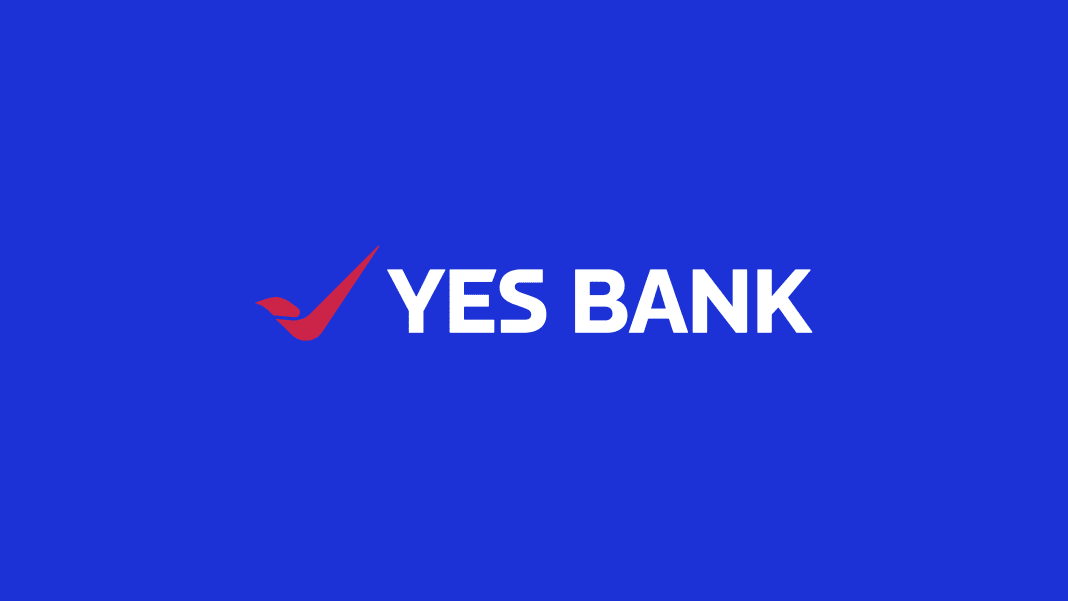The State Bank of India (SBI) and seven private banks are selling a 20% stake in Yes Bank to Japan’s Sumitomo Mitsui Banking Corporation (SMBC) in a secondary market transaction, worth ₹13,483 crore.
SBI is selling 13.19% of its 24% stake (≈ ₹8,889 crore) and the remainder (6.81%) is being sold by the other banks (≈ ₹4,594 crore) collectively.
Why It’s “Tax-Free”: The Legal Exemption
- Under the Yes Bank Reconstruction Scheme, 2020, there is a special clause that exempts banks which subscribed to Yes Bank shares during the reconstruction process from paying capital gains tax on gains made by selling those shares.
- Without this exemption, the banks would normally have to pay long-term capital gains tax, which is ~12.5% under Indian tax laws for the relevant category of transaction.
Implications of the Tax-Free Gain
- Big earnings boost: The banks will be able to book the proceeds (₹13,483 crore) as “other income,” which enhances their profitability for the quarter.
- Margin pressure relief: Many banks have been facing squeezed margins and headwinds from bond yield movements; this windfall helps offset some of those pressures.
- Sets precedent: This shows how government reconstruction/rescue-schemes can include tax incentives to encourage participation.
Key Players
- SBI is the major seller: ~₹8,889 crore from its portion.
- Other private banks involved include HDFC Bank, ICICI Bank, Axis Bank, Kotak Mahindra Bank, and others. They account for the ₹4,594 crore from their combined stake.
- SMBC is acquiring the stake and will become a major shareholder. They also have regulatory approvals to increase their stake up to ~24.99%.
What To Monitor Now
- How this income shows up in bank financials — as “other income” rather than capital gains — may affect metrics and ratios.
- Investor responses: This large tax-free gain could boost bank stocks in their earnings reports.
- Any regulatory changes: Whether similar exemptions might be used for other reconstruction or rescue deals in the future.
- Performance & governance post-ownership change: With SMBC stepping in, its influence on board and strategy at Yes Bank will be watched.
Background: Yes Bank Reconstruction Scheme, 2020
- After Yes Bank’s financial troubles in 2020, a reconstruction scheme was instituted by RBI and the Indian Government, which involved various banks subscribing to its equity at a low price (₹10/share) to recapitalize it.
- The scheme included clauses that protect such participating banks from capital gains tax on profits from selling those shares later. This was to incentivize them to inject capital and take on risk during the reconstruction.



